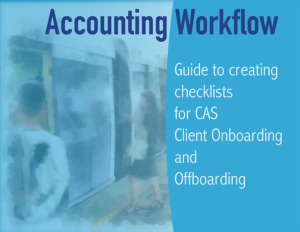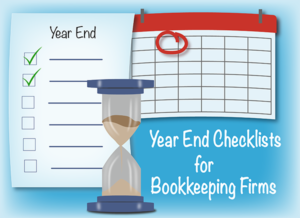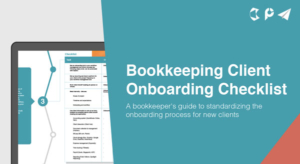Having a succession plan in place at your accounting firm protects your clients and staff from uncertainty. No one can predict the future, and there are many reasons that leaders step down. Whether it’s time to retire or unforeseen life changes pop up, you don’t want anyone who relies on you to be left in the dark.
Succession refers to the transition process from one leader to the next. This process, as you can imagine, can be quite hard. For this article, we will focus mainly on internal succession, where you identify a successor in-house and help them transition into their new leadership position. If this sounds ideal to you, here are some things to consider as you get started drafting your succession plan.
Design a Training Regimen
No matter how long your successor has been associated with your accounting firm, a new job is a new job, and your successor will need a thorough onboarding process in order to feel comfortable with their new responsibilities. So, you have to design that onboarding process. You should tackle this the same way you tackle regular onboarding. First, you have to define and document all the procedures that your new hire will be expected to perform. Then, you need to decide how you will decimate that information. This may include giving your successor access to an information database or allowing them to shadow you as you work through your daily tasks.
Create a Time Frame
Rome wasn’t built in a day; likewise, switching leadership at your accounting firm can be a difficult transition. Handing over the torch comes with a lot of tedious little tasks. After you have your training materials prepared, you’ll need to take a look at a calendar. How early will you begin training your successor before you take your leave? When will you notify staff that the switch is going to take place? How will you address the topic? Your succession plan may also include how you intend to say farewell to your team.
Be Open to Change
New leaders come with new ideas, and you should encourage your successor to bring their unique perspective to the new position. In fact, this should be worked into your succession plan! In your last months with your accounting firm, work with your successor to polish and implement their ideas for the company. They will value your expertise — and your staff will feel more confident in any changes with your stamp of approval. This will help your successor ease into their role as a leader.
All changes can be tough, and it’s hard enough to say goodbye without poor planning getting in the way. Hopefully, with the written procedures in place, you can reduce the number of tears shed in your final days with your accounting firm — at least the stress-induced ones!
At the end of the day, your accounting firm is far more than that. Your staff, their happiness, and their future employment matter to you, and your final responsibility as their leader is to see to it that the firm’s future is safeguarded.











